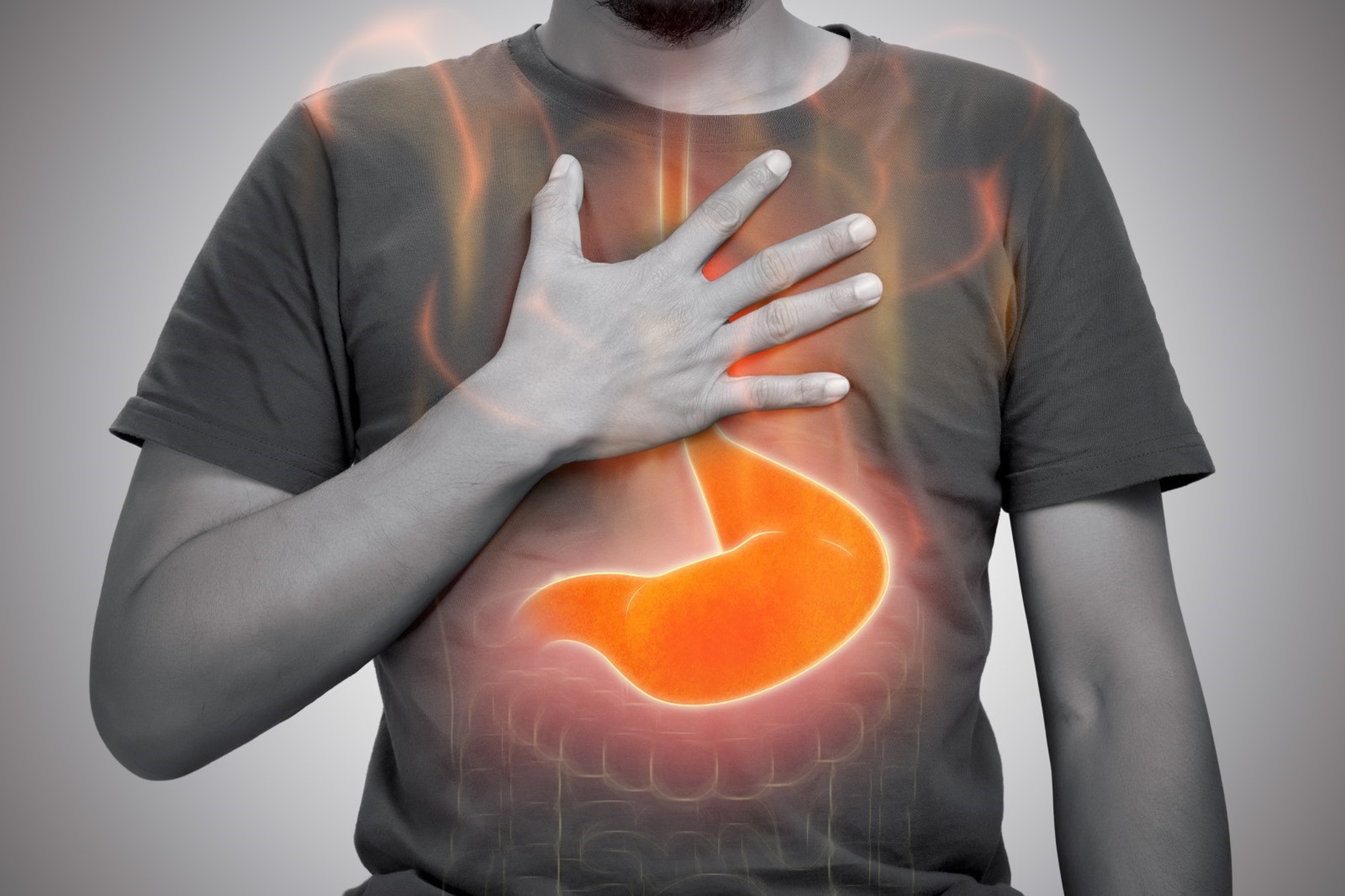Millions of people feel the impact of GERD (gastroesophageal reflux disease) today. It’s important to know the causes, especially for families. Awareness can make a difference in health and lifestyle choices. Many everyday habits contribute to GERD. Better understanding helps in managing or even preventing this condition. Whether it’s family history or lifestyle, knowing the triggers can improve quality of life. This blog explores the simple causes of GERD and how you can help manage this common ailment.
Understanding GERD: The Basics
GERD, or gastroesophageal reflux disease, is when stomach acid frequently flows back into the tube connecting your mouth to your stomach. This can irritate the lining of your esophagus. Common GERD symptoms include acid reflux and heartburn. Imagine a burning sensation or discomfort in your chest—that’s what many feel. These symptoms can interrupt daily life and sleep. Recognizing and understanding these signs is vital for early management. Making small changes in daily habits often helps alleviate these issues.
How GERD Develops: The Mechanics
The lower esophageal sphincter, or LES, acts like a valve between your esophagus and stomach. Normally, it opens to allow food in and closes to keep stomach contents down. But when the LES doesn’t close properly, GERD develops. This malfunction causes stomach acid to leak up into the esophagus, leading to acid reflux. Think of it as a door that’s left ajar, letting something inside leak out. Keeping the LES healthy is crucial because its dysfunction is often the root of the problem.
Culinary Practices in India and GERD
Indian cuisine is delicious and varied but sometimes contributes to GERD. This is due to certain dietary habits: spicy dishes, oily foods, and late-night binging. Ingredients like chilies, ginger, and garlic, while flavorful, can provoke acid reflux. High-fat foods slow digestion, keeping food and acid in the stomach longer. While tasty, these can increase GERD symptoms. To reduce discomfort: – Opt for less spicy versions of favorite dishes. – Cut back on late dinners. – Limit deep-fried foods, opting for grilled or baked instead.
Lifestyle Choices: Hidden Triggers of GERD
Everyday pressures, like stress, can worsen GERD symptoms. Stress affects digestion and can lead to more frequent acid reflux episodes. Lifestyle choices such as smoking and alcohol consumption also play a role. Smoking weakens the LES, making it easier for stomach acid to rise. Alcohol can irritate the esophagus and relax the LES. Simple changes like incorporating stress-reduction techniques and moderating tobacco and alcohol use can improve your condition significantly.
Diet and Genetic Interplay in GERD
What we eat often works hand in hand with our genetics. A family history of digestive problems might increase your risk of GERD. Traditional family meals high in fat or spice may contribute to symptoms. Think of it like a puzzle, where diet and genes interact. While you can’t change your genes, you can adjust your eating habits. Incorporating healthier foods and making lifestyle changes is a manageable step anyone can take to reduce GERD symptoms.
Lesser-Known Causes and Medical Risk Factors
Besides common triggers, certain medications can cause GERD as a side effect. Examples include painkillers and some muscle relaxants. Moreover, medical conditions like connective tissue disorders may affect the LES. Pregnancy is another significant factor since hormonal changes can affect the LES, and the growing baby puts pressure on the stomach, leading to acid reflux. Aging naturally weakens the LES, and conditions like asthma also increase GERD risk because asthma meds can relax the LES. Awareness of these lesser-known factors helps in seeking timely medical guidance.
Cultural Perspectives: A Unique Lens on GERD
Certain cultural practices may influence GERD prevalence. In India, community feasting and traditional meals are a staple. These collectivist dietary traditions bring families together but may unknowingly prompt GERD symptoms. Shared meals often feature highlighted spices and rich dishes known to affect digestion. Keeping these traditions but altering food preparation can mitigate risks. Simple swaps, like adding more vegetables and reducing spicy foods, can help individuals enjoy family meals without discomfort.
Identifying Early Signs and Simple Solutions
It’s crucial to spot GERD symptoms early. These include persistent heartburn, a sour taste, and difficulty swallowing. Knowing these signs can prompt timely changes in lifestyle and diet. Small solutions like eating smaller meals, reducing spicy and fatty food intake, and raising the head while sleeping can help. Antacids provide fast relief, but lifestyle adjustments offer long-term benefits. Being proactive is key, and these manageable changes can reduce symptoms.
Conclusion: The Journey to Understanding and Managing GERD
Recognizing what causes GERD empowers proactive management. From daily habits to specific foods, each factor plays a role. Understanding and managing symptoms prevent them from becoming persistent issues. Always consult a medical professional if you experience frequent acid reflux or other GERD symptoms, as they can give tailored advice for your situation. Long-term health and comfort begin with informed choices and recognizing when to seek professional guidance.
Experience top-quality care at SIDS Hospital! Our dedicated team of experts is here to provide comprehensive treatment and personalized healthcare services to meet all your needs. Schedule your appointment today and take the first step towards a healthier tomorrow with our trusted care. Book now!

